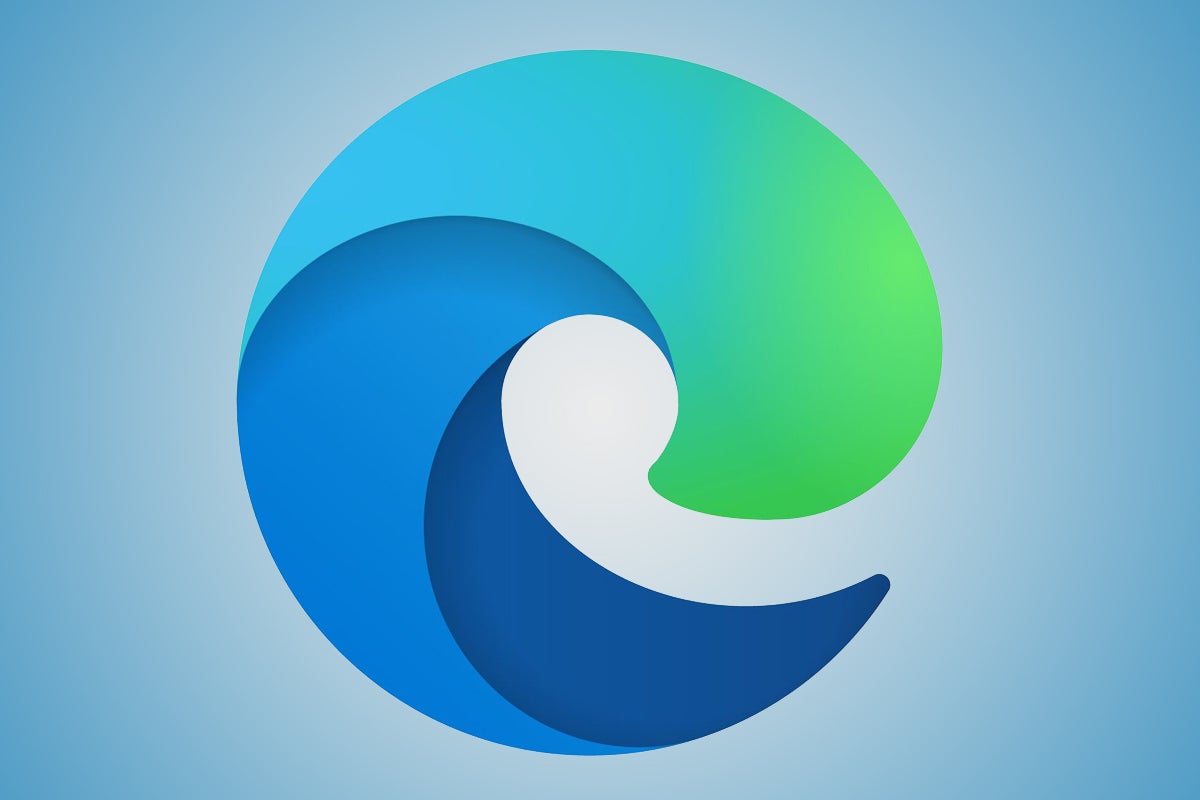


I then viewed the relevant app’s CPU and memory usage in Windows 10’s Task Manager to measure the impact. I loaded the same collection of four tabs on each browser: the Laptop Mag home page, a running 1080p YouTube video, Twitter and Google Docs. In my months of sticking with Edge as my primary browser I have definitely pushed it to its limits and bogged my laptop down with it at times, but that’s attributable to my own bad habits of loading far too many windows and tabs at once.Īgain, prior to each test I restarted my laptop and made sure that no other applications were running. Even Chrome’s most ardent fan would concede that it can be a resource hog, but Google has thrown a lot of attention at this problem over the last year. Next, I took a look at the system impact that each of these browsers had on my laptop. I’m going to give the win in this category to Microsoft Edge, but it remains close enough that I wouldn’t make a determination on this factor alone. Google Chrome finished with a 73, winning four of the six categories, but not by enough. Microsoft Edge claimed the win by a reasonably narrow margin with a total score of 76, based largely on a much stronger performance in the Encrypt Notes and OCR Scan test. While Chrome has been known to use lots of RAM, Google is making similar adjustments to improve the performance of its browser, so we'll see how long Edge holds the best performing Windows 10 browser trophy (then again, is it really fair for a browser to award itself that title?).(Image credit: WebXPRT3) Microsoft Edge WebXPRT 3 performanceīefore testing each browser, I restarted my laptop and ensured nothing else was running to get as close as possible to identical conditions. According to Microsoft, this feature has been continuingly improved and now puts ads to sleep, which helps achieve 82% memory savings overall. If tabs aren't in use, their resources are freed up so that the system can use them elsewhere.

Sleeping tabs is a feature that helps users running multiple tabs at once. This update has been rolling out since March, when Edge also added vertical tabs. Startup boost launches Edge 41% faster than previously because it runs a set of core Edge processes in the background, without adding additional resource when the browser is open. Microsoft believes this statement is true because of its startup boost and sleeping tabs feature. Version 91 of Microsoft's Edge browser is due to release in a couple of days and Microsoft is claiming that it will be the best performing browser on Windows 10.Ī post on the Microsoft Edge Blog claims that version 91 of the browser, which releases this week, will "be the best performing browser on Windows 10".


 0 kommentar(er)
0 kommentar(er)
